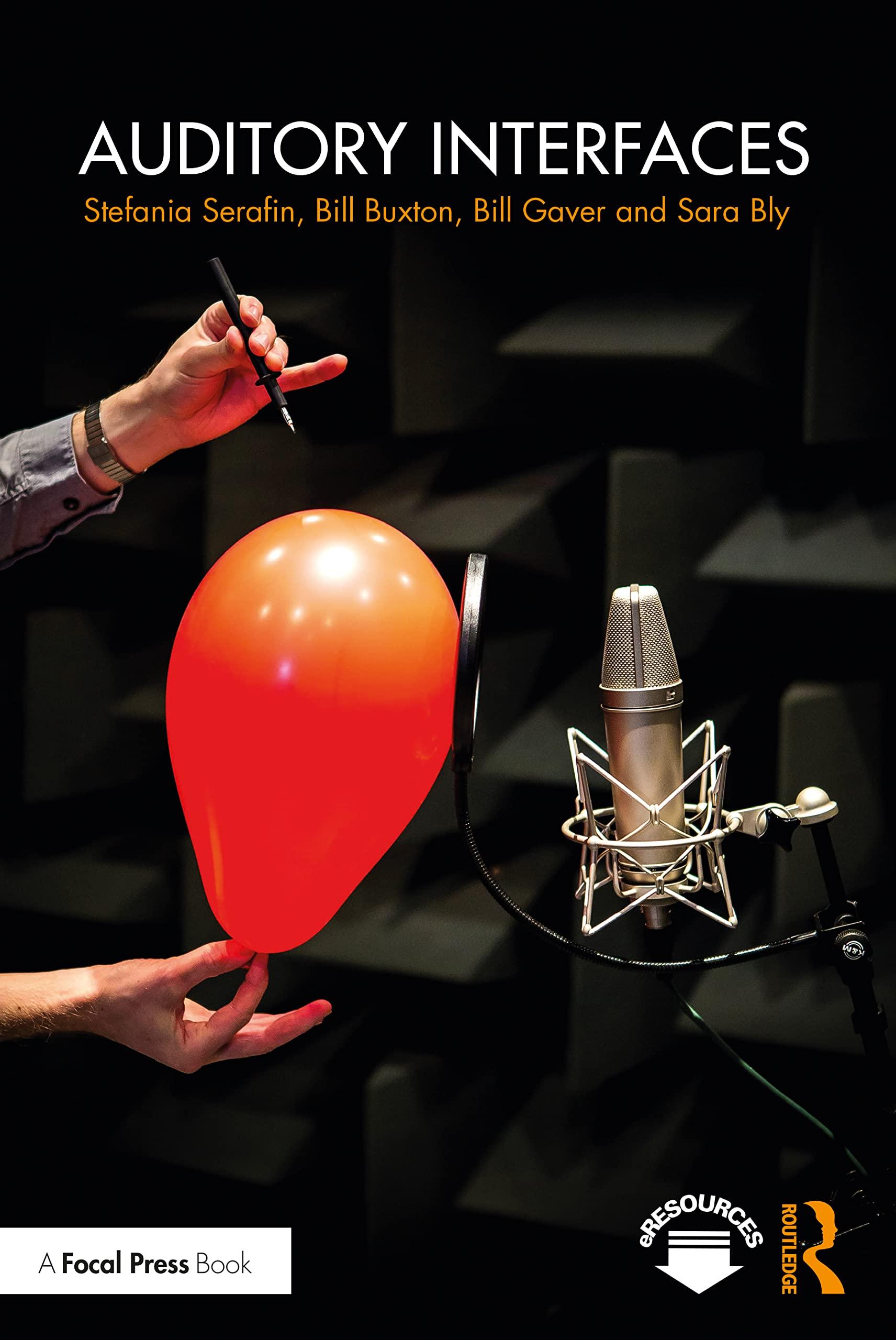Question 9 1.5 pts Nelson rents a house and lent his flatmate Rod $5,000 to buy a car. Rod is short of cash to repay the loan so he promises Nelson that he will repay him $4,000 and he will mow the lawns for the next six months. Nelson agrees and accepts the $4,000 which Rod pays by cheque. A month later he rereads the tenancy agreement and discovers that the maintenance of the lawns is the obligation of the landlord, not the tenants/flatmates. Nelson now wants to recover the balance of $1,000 from Rod. What is the legal position? Nelson cannot recover the balance of the debt because there has been accord and satisfaction By banking the cheque Nelson has accepted Rod's offer and thus it is not possible for Nelson to claim the balance of $1,000 unless Rod has not mown the lawns. Nelson can recover the $1,000 because Rod has not given consideration for the release from the full amount of the debt. It was the landlord's obligation to mow the lawns, not the tenant's Nelson can recover the $1,000 owing by Rod because the legal rule is that it is not possible to discharge the full amount of a debt by part payment. Question 10 1.5 pts Barbara signs a written contract to buy goods from Steve. The contract has an exclusion clause which states: "All statutory conditions, warranties and liabilities on the part of the seller, are hereby excluded." Which of the following statements is correct? The clause is incorporated under the signing rule in common law, and is hence effective to exclude Steve's liabilities under all statutes, including the Consumer Guarantees Act 1993. The prerequisite to Steve's right to rely on the clause is that Steve has explained the clause to Barbara before the contract is signed. If Steve has not done that, he will not be protected by the clause. The clause will exclude Steve's liabilities that may arise under the Contract and Commercial Law Act 2017 and also liabilities (e.g.for negligence) that may arise under the common law. The clause will exclude Steven's liabilities that may arise under the Contract and Commercial Law Act 2017, but not liabilities (e.g.for negligence) that may arise under the common law. Question 1 1.5 pts Nelson bought a pair of Zoot sneakers at half the normal retail price at a sale following a fire at Conformco Sports. The sneakers were displayed in a bin clearly marked, "Fire damaged stock. No refunds on fire damaged goods on sale." A week later the soles began to detach from the uppers. The heat from the fire had degraded the adhesive holding the sole to the shoe. Which statement best describes Nelson's legal position? The sneakers are not covered by the Consumer Guarantees Act 1993 but he has a claim for breach of merchantable quality under s139 of the Contract and Commercial Law Act 2017. Even though the sneakers are on sale Nelson is entitled to goods of the same quality that were not reduced in price and so can claim under the Consumer Guarantees Act 1993 for a replacement pair. Nelson cannot return the sneakers because he had notice of the sign when he purchased the sneakers. The sign is of no effect because it is not possible to contract out of the Consumer Guarantees Act 1993 unless it is a "business to business" transaction









